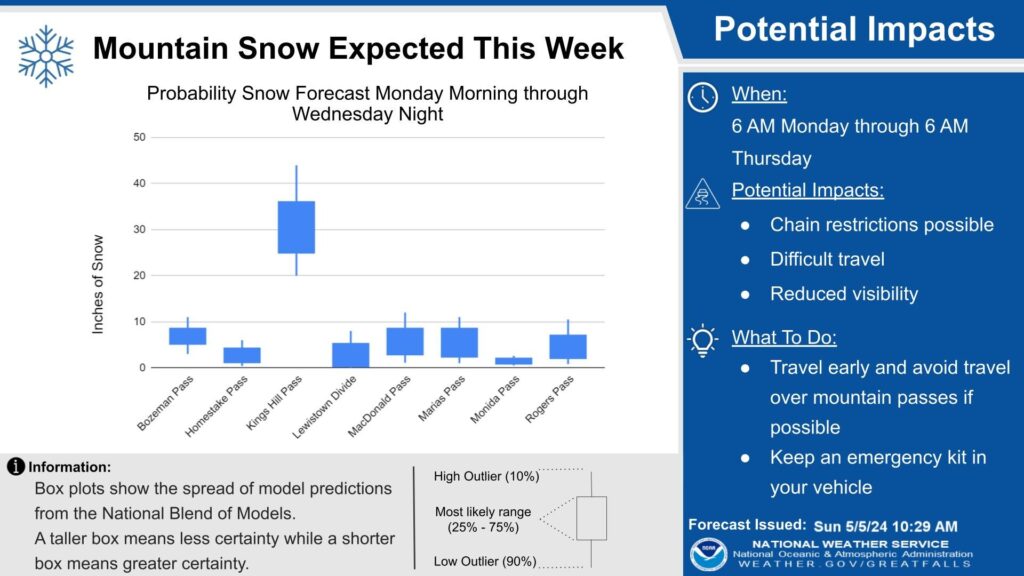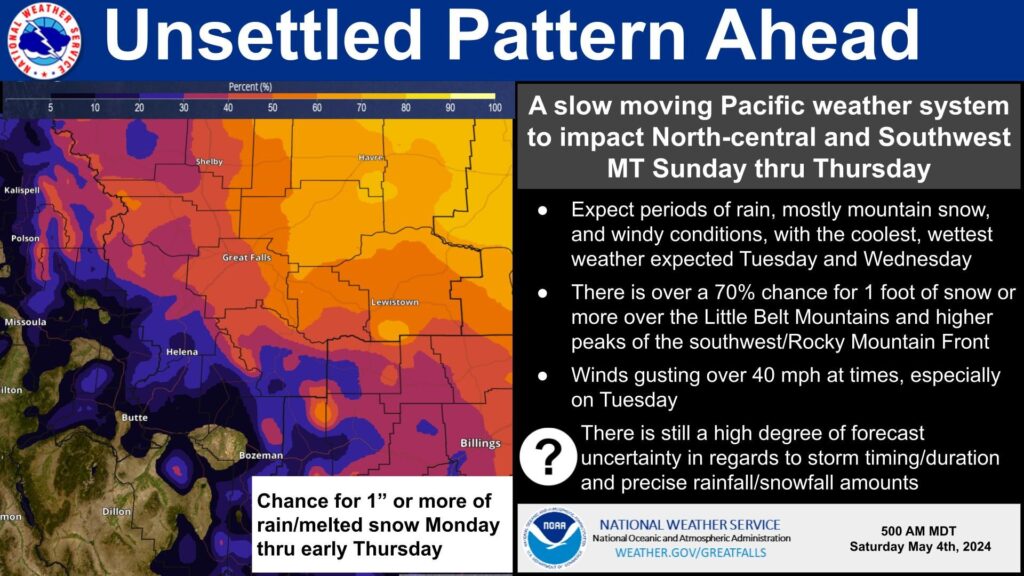Originally published by Laurel Demkovich, Daily Montanan – May 7, 2024
Grizzly bears are coming back to Washington’s North Cascades.
The National Park Service and the U.S. Fish and Wildlife Service announced Thursday a decision to actively restore the animals in the region, where they lived for thousands of years. The last confirmed sighting of a grizzly bear in this area was in 1996.
The plan is to move three to seven grizzly bears from the Rocky Mountains or British Columbia every summer for five to 10 years until reaching a population of 25 bears. The goal is a population of 200 bears in 60 to 100 years.
There’s no timeline yet for when the bears will be moved into Washington, but federal officials will publish updates as they are finalized, according to the Park Service.
“We are going to once again see grizzly bears on the landscape, restoring an important thread in the fabric of the North Cascades.” Don Striker, Superintendent of North Cascades National Park Service Complex, said in a statement.
Thursday’s decision follows a decades-long debate regarding the best way to bring back the bears to the North Cascades. The most recent push, which the federal government started in 2022, drew more than 12,000 public comments, many with concerns over the bears’ effect on humans, livestock and other wildlife in the area.
U.S. Rep. Dan Newhouse, a Republican who represents Washington’s 4th Congressional District, which encompasses parts of the North Cascades region, has been a critic of the plan.
Newhouse called the latest decision “outrageous” and “misguided.”
“While it was my hope that NPS and USFWS would listen to the will of concerned of residents in the affected areas, this administration is, once again, disregarding local public opinion and instead catering to the whims of coastal elites and the out-of-touch environmentalist lobby, which has been rushing to finalize this plan since its inception,” he said in a statement.
Grizzly bears are considered a threatened species in the lower 48 states under the federal Endangered Species Act. There are about 2,000 grizzly bears outside of Alaska. In the 19th century, there were an estimated 50,000 in the U.S., but their numbers dropped into the hundreds by the 1930s, mostly because of killing by humans.
Under the new plan, the bears in the North Cascades would be considered a nonessential experimental population under the Endangered Species Act, which the Park Service said will provide authorities and land managers additional tools for managing the population.
This means that the bears will be treated as “threatened” under the Endangered Species Act but eases some of the regulations normally associated with endangered species. For example, the management of black-footed ferrets, also considered a nonessential experimental population, makes harm done to the animals during traditional land management legal, giving landowners the ability to continue managing their property without fear of violating the federal law.
The U.S. Fish and Wildlife Service will release its final rule for managing grizzly bears as a nonessential experimental population in the coming days.
The designation is based on “extensive community engagement and conversations about how the return of a grizzly bear population in the North Cascades will be actively managed to address concerns about human safety, property and livestock, and grizzly bear recovery,” said Brad Thompson, state supervisor for the U.S. Fish and Wildlife Service.
Notes:
Daily Montanan is part of States Newsroom, a nonprofit news network supported by grants and a coalition of donors as a 501c(3) public charity. Daily Montanan maintains editorial independence. Contact Editor Darrell Ehrlick for questions: info@dailymontanan.com.








